 In early 2009 the Florida Fish and Wildlife Conservation Commission (FWCC) reported that there was a significant increase in the population of the West Indian Manatee (Trichechus manatus), a marine mammal. Almost a year later it was reported that there was a record number of deaths of manatees.
In early 2009 the Florida Fish and Wildlife Conservation Commission (FWCC) reported that there was a significant increase in the population of the West Indian Manatee (Trichechus manatus), a marine mammal. Almost a year later it was reported that there was a record number of deaths of manatees.
Even though the FWCC pointed out that there may have been more manatees reported in the 2009 populations since the count was done after several cold fronts had clustered the manatees together, was there too much confidence in the public after hearing the news that the public didn’t think they had to participate in best practices to save the manatee? Just an idea.
What are those best practices? Follow no wake signs and do not enter prohibited wildlife sanctuaries, do not feed or touch manatees from a boat, and use snorkel gear (it is not as loud and intrusive to the manatees). Call 1-888-404-FWCC if you were to see an injured, dead, tagged or orphaned manatee.
Do you have a question for the Beach Chair Scientist? E-mail info@beachchairscientist.com.
Image (c) USGS.
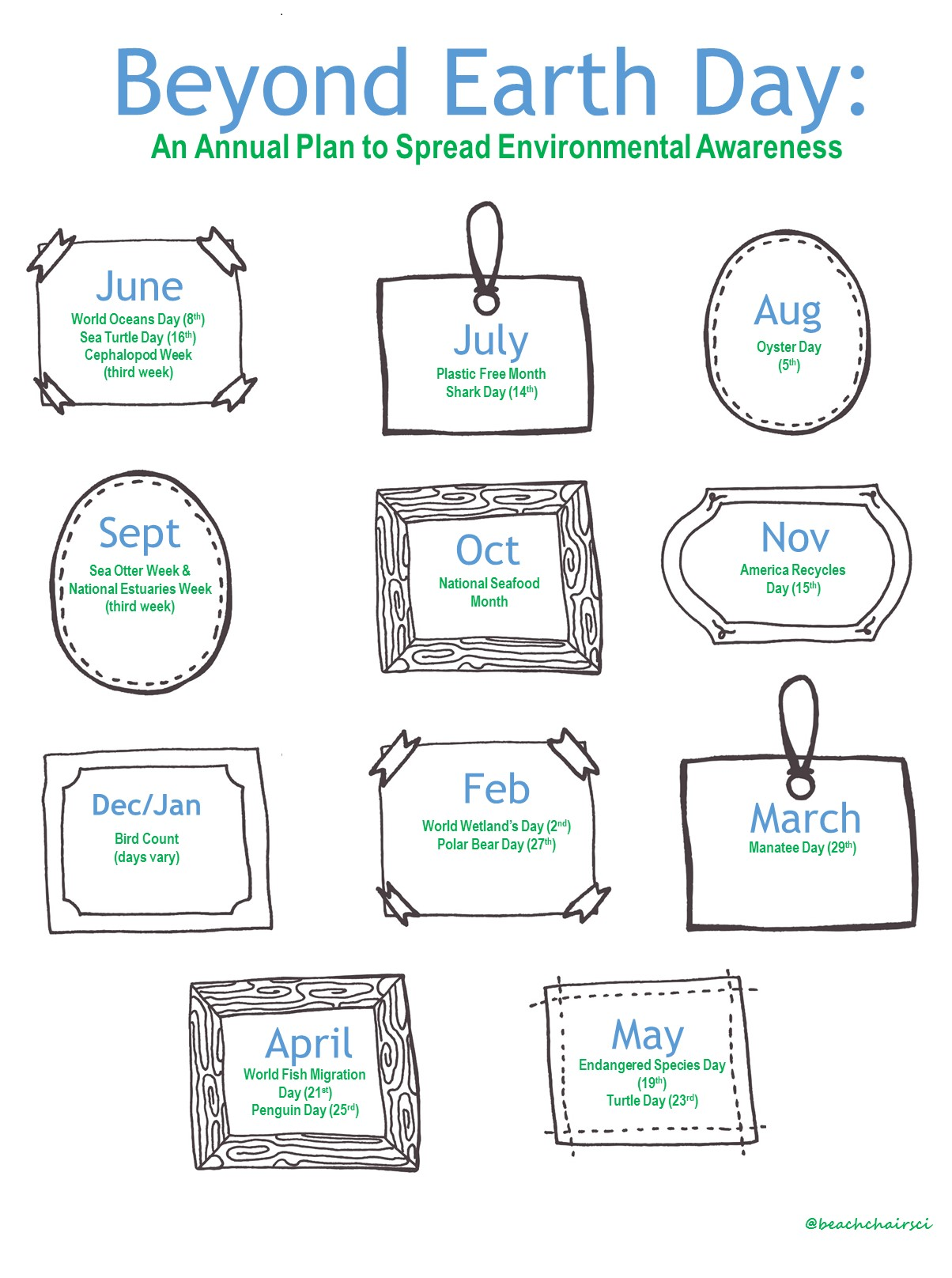


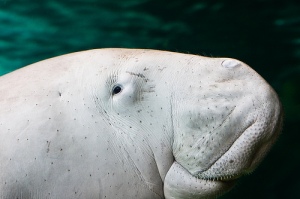 Dugongs, a relative of
Dugongs, a relative of 
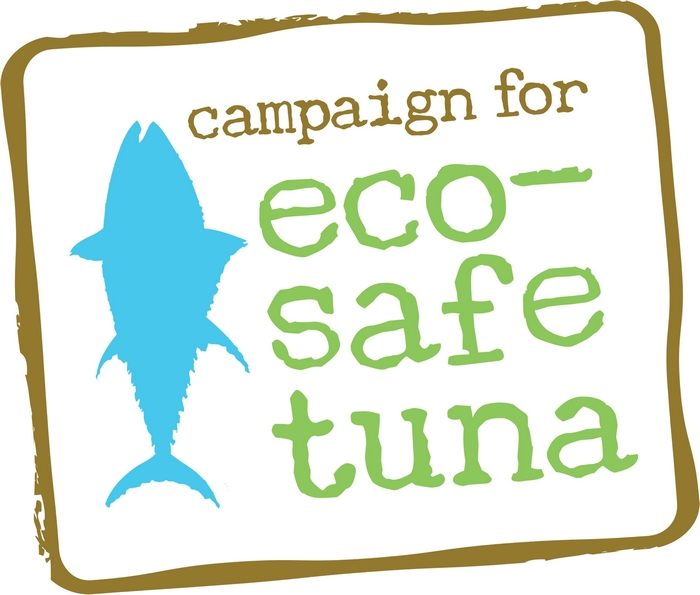


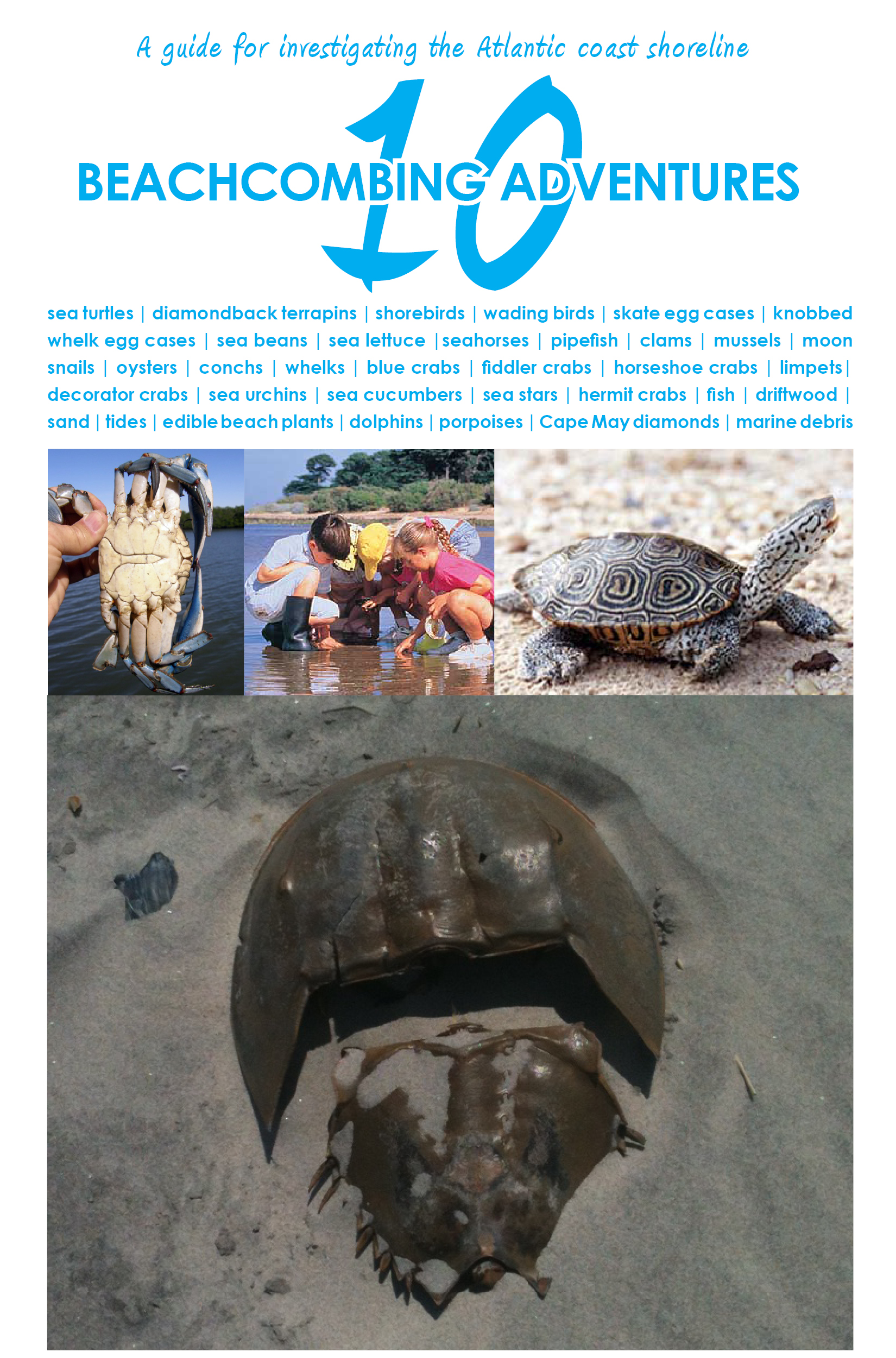
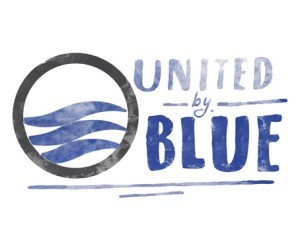
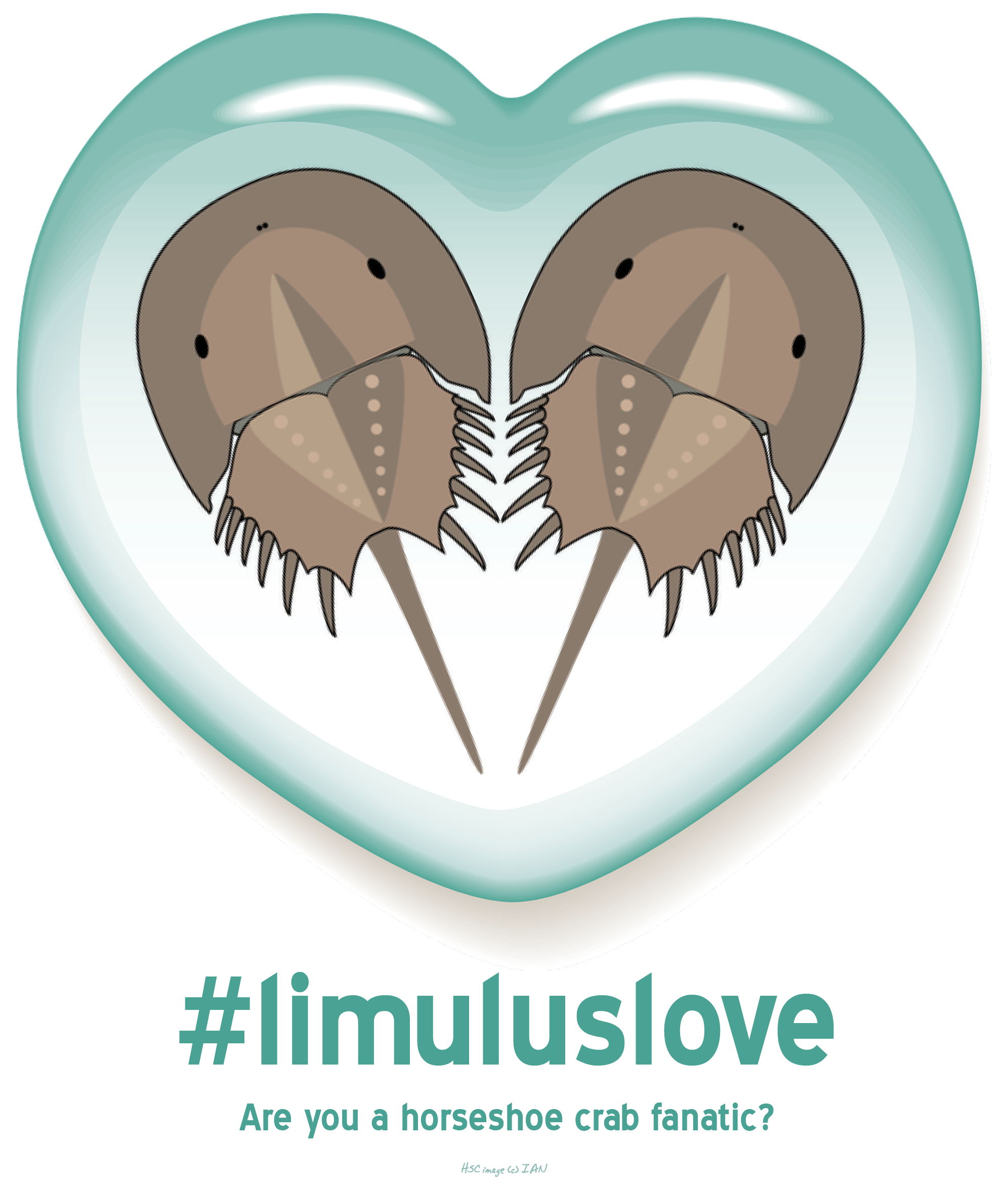
What people are saying …